
The island country of 5 million declared the pandemic over in approximately 100 days. A team of clinicians explain the decision-making and rationale which drove their successes.
Kevin Kunzmann is the managing editor for Contagion, as well as its sister publication HCPLive. Prior to joining parent company MJH Life Sciences in 2017, he worked as a health care and government reporter for The Pocono Record, and as a freelance writer for NJ Advance Media, The Express-Times, The Daily Journal, and more. He graduated from Rowan University with a degree in journalism in 2015. In his spare time, he enjoys reading, cooking, running his dog, and complaining about the Mets. Follow him on Twitter @NotADoctorKevin or email him at kkunzmann@mjhlifesciences.com

The island country of 5 million declared the pandemic over in approximately 100 days. A team of clinicians explain the decision-making and rationale which drove their successes.
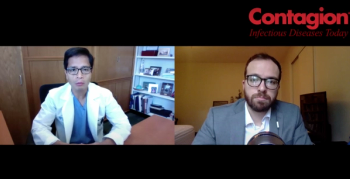
A Harvard professor and study author discusses new findings showing the heightened risk of healthcare worker infection.

David Ho, MD, shares insight into the public and scientific health shortcomings which burdened the nation back in March.
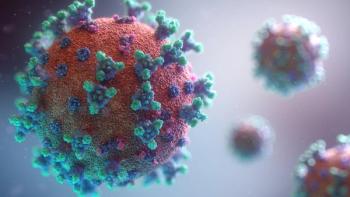
The VIP antiviral therapy shows capability in reducing COVID-19 inflammatory biomarkers, as well as respiratory failure risks.

New findings show "structural inequities" among the US and UK frontline responders first infected months ago.
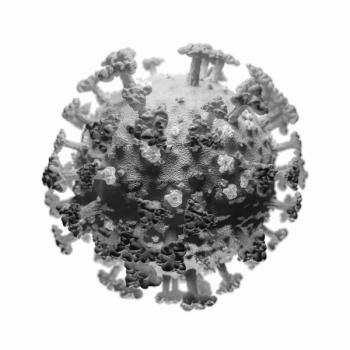
A look at the history of vaccines, our society's current standing in public health and vaccine preparedness, and what may come in the near future.
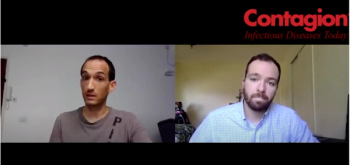
What role does new research play in combating public vaccination concerns?
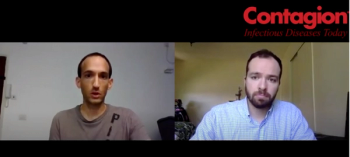
A discussion on the process by which the FDA regulates vaccine candidates at a time when COVID-19 candidates are progressing.
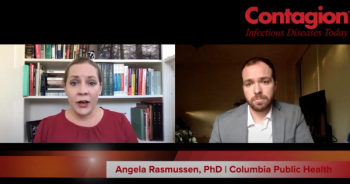
Why reducing pandemic research and response to yes-or-no outcomes is harming public health.

What should be anticipated in effectiveness and implication for the leading candidates.

A cohort assessment of New York-based deliveries from SARS-CoV-2 positive mothers showed no infants were infected nor symptomatic after 2 weeks.
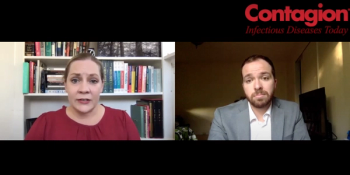
Angela Rasmussen, PhD, explains how preliminary findings for both candidates define their potential for preventing or lessening coronavirus.
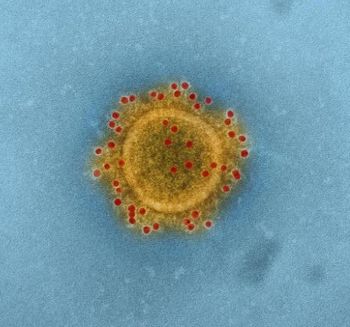
New data shows the ChAdOx1 nCoV-19 vaccine candidate induces T cell response within 14 days, and antibody response within 28 days.
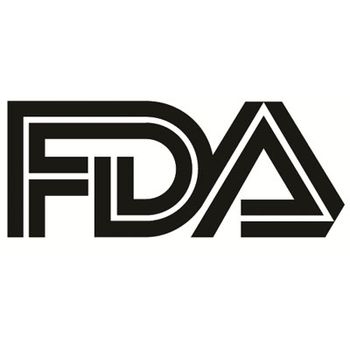
Quest Diagnostics will now able to efficiently test larger groups of specimen among persons from low-coronavirus risk areas.
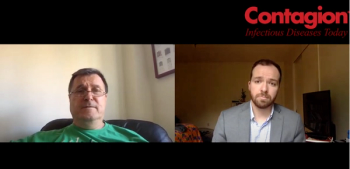
Perspective on how the anticoagulant could progress to human trials and potentially, marketing use for coronavirus prevention.
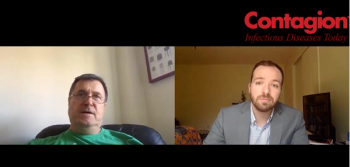
A discussion with an RPI investigator after promising early findings.

The mRNA-1273 vaccine candidate from Moderna will progress to a phase 3 trial in adults later this summer.
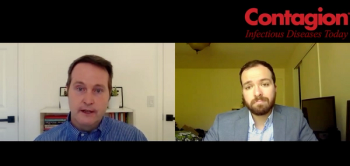
Why it's critical for the future of HIV prevention for programs like the California PrEP-AP to reach younger at-risk persons now.
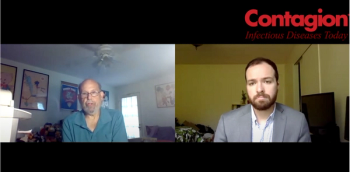
How a sexually-transmitted virus is hindered by limited marketing, and how its stigmas compare to those developing around COVID-19.
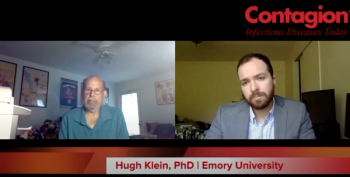
Why men who have sex with men face social hurdles in seeking PrEP and preventive education.
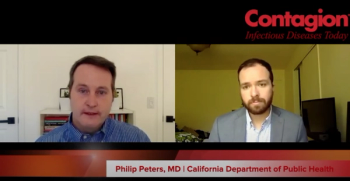
How regional-based data and advancing preventive options could bolster individual HIV-risk care access.
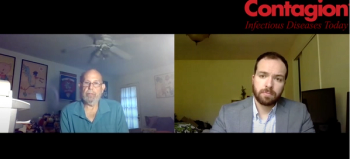
A study looking at PrEP population obstacles shows men who have sex with men are more likely to not seek out information nor access to prophylaxis.
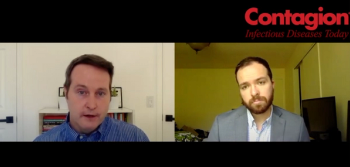
A discussion around new data presented at AIDS 2020 which shows statewide strategies are breaking down barriers.
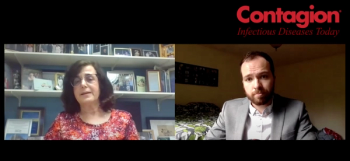
How much does the current virus crisis share in common with early HIV outbreak scare?
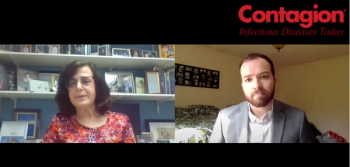
With fostemsavir now available for patients with few options, an expert discusses what challenges MDR-HIV patients face in their care.
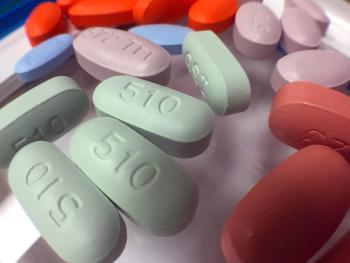
A 34-year-old Brazilian man's HIV was undetectable 57 weeks after ending a heightened regimen of ART.
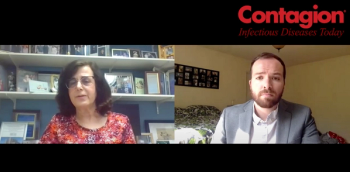
A look at the BRIGHTE study data which evidenced the recently FDA-approved add-on agent.
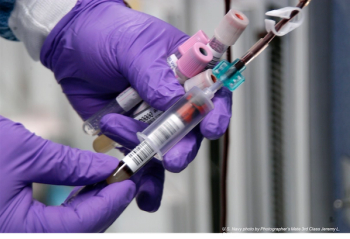
Despite being recommended at least once among all persons aged 13-64 years old by the CDC, notably few respondents have ever been tested for HIV.

Interim analysis shows a long-acting injectable was associated with fewer HIV infections than daily oral PrEP in a diverse population of HIV-risk participants.
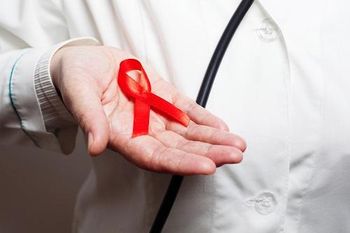
A retrospective analysis of the DRIVE-FORWARD and DRIVE-AHEAD trials shows treatment-naive patients particularly fared well from the novel agent.